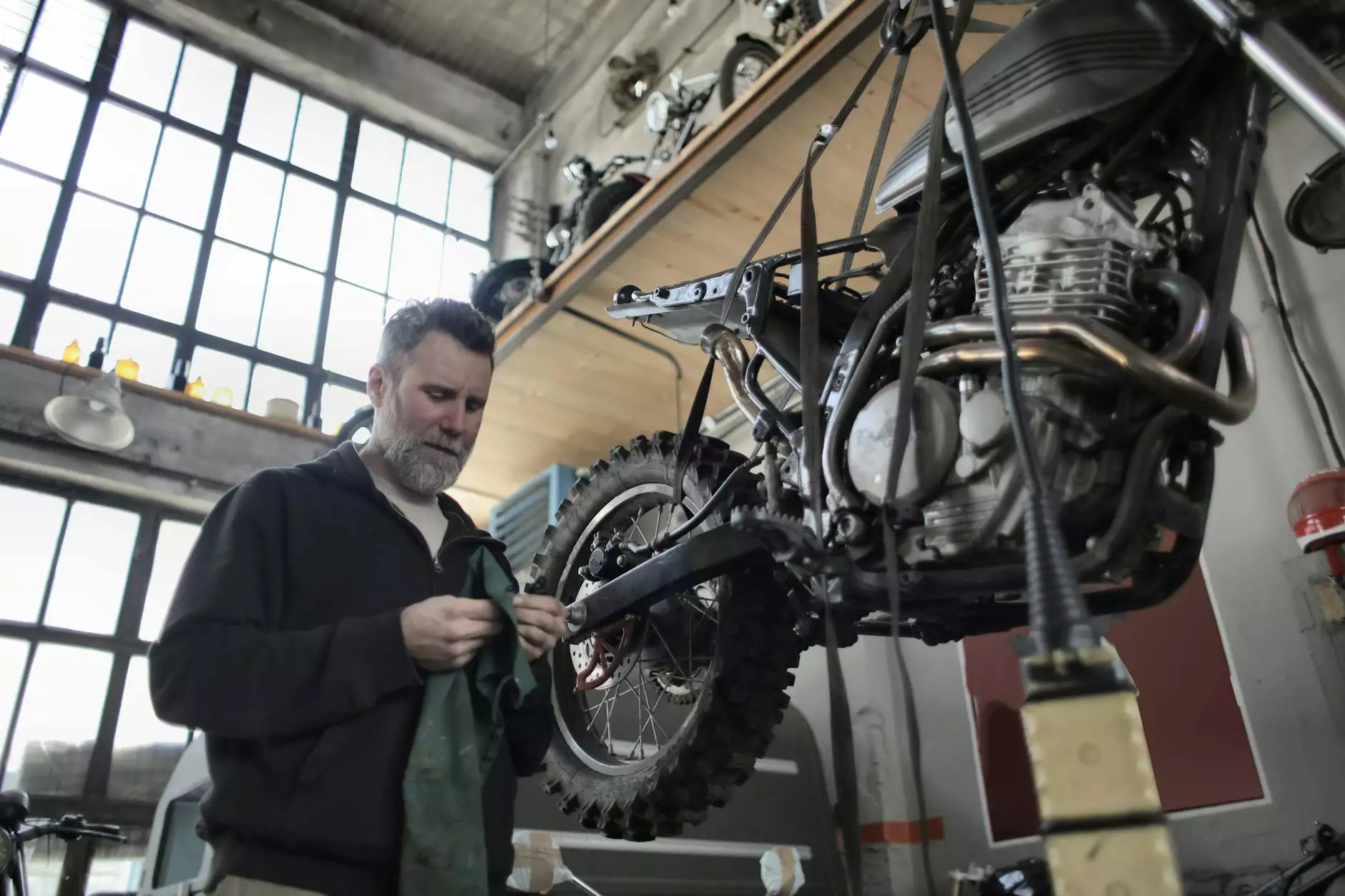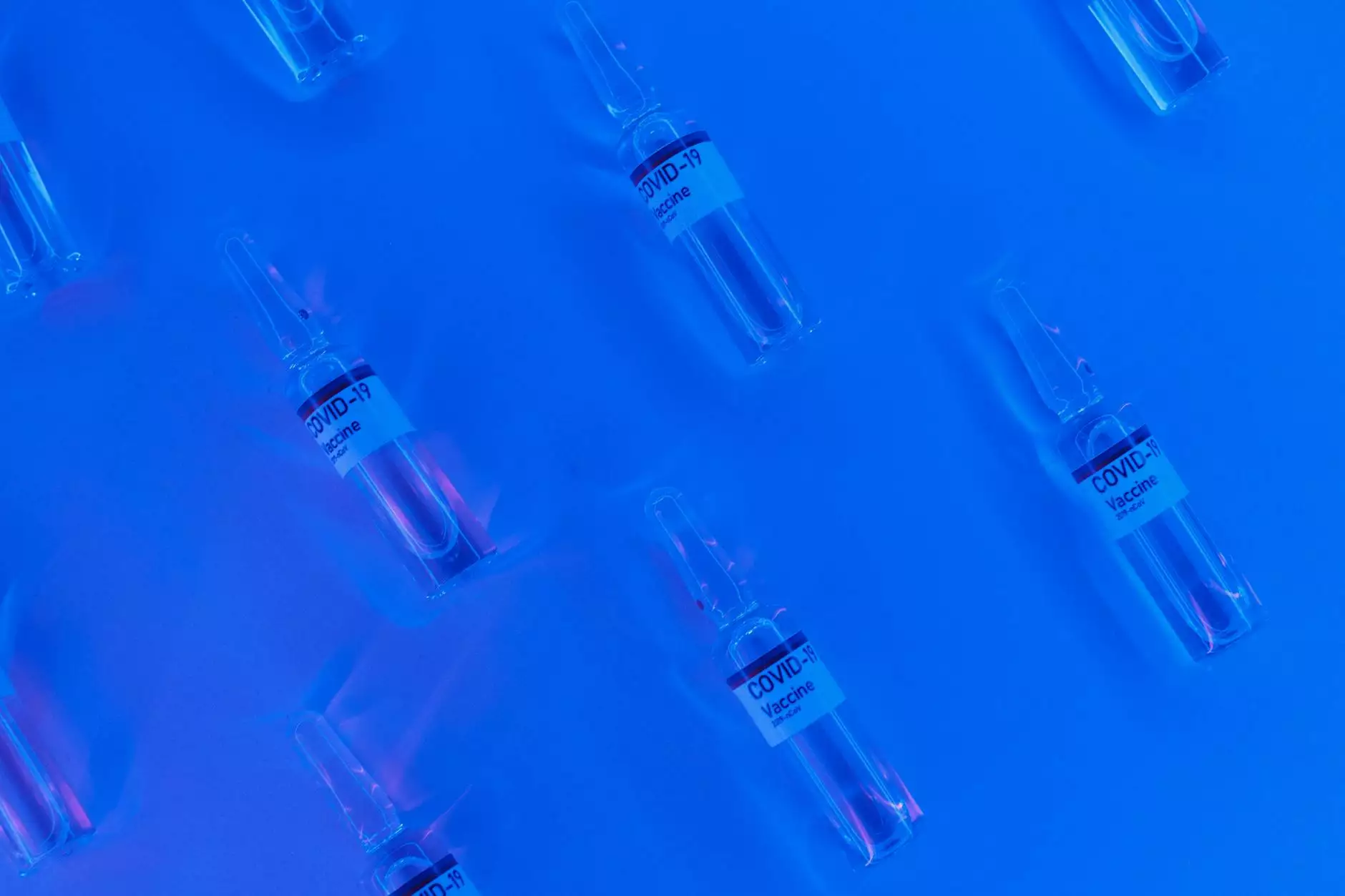Injection Molded Plastics: A Game Changer in Metal Fabricators

Injection molded plastics play a critical role in the manufacturing landscape, particularly in the field of metal fabrication. As industries continue to evolve with advanced technologies, the integration of plastic components with metal has become increasingly prevalent. This article delves into the world of injection molded plastics, exploring their advantages, applications, and the pivotal role they play in enhancing efficiency and innovation in metal fabrication.
What are Injection Molded Plastics?
Injection molded plastics are materials formed through the injection molding process, wherein molten plastic is injected into a mold and allowed to cool and solidify. This technique is renowned for its ability to produce complex shapes with incredible precision, allowing manufacturers to create a diverse range of products. The process is advantageous for both small-scale and large-scale production runs, making it a preferred choice across various sectors.
The Importance of Injection Molded Plastics in Metal Fabrication
In the domain of metal fabricators, the incorporation of injection molded plastics can lead to enhanced product durability and performance. Understanding the importance of these materials can help businesses unlock new potentials in their operations.
1. Cost-Effectiveness
One of the primary benefits of using injection molded plastics in metal fabrication is cost-effectiveness. The manufacturing process is highly efficient, averaging lower production costs per unit compared to traditional methods. As metal fabricators strive to optimize their operations and minimize expenses, integrating plastic components can substantially lower both material and labor costs.
2. Weight Reduction
Compared to traditional metals, plastics are typically lighter. This weight reduction can be particularly beneficial in industries such as automotive and aerospace, where reducing weight contributes to better fuel efficiency and reduced emissions. By using injection molded plastics, metal fabricators can provide lighter alternatives while maintaining the necessary strength and durability.
3. Design Flexibility
Injection molding allows for remarkable design flexibility. Metal fabricators can collaborate with designers to create intricate parts that would be challenging or impossible using traditional metal working techniques. This flexibility opens avenues for innovation, enabling the development of products that were previously unimaginable.
4. Enhanced Durability
Injection molded plastics exhibit excellent resistance to corrosion, chemicals, and physical impacts. When combined with metals, these properties enhance the overall durability of the final product, making them suitable for a wider range of applications including industrial machinery, consumer goods, and automotive components.
Applications of Injection Molded Plastics in Metal Fabrication
The applications of injection molded plastics in metal fabrication are vast and varied. Here, we outline several key industries benefiting from this innovative approach:
A. Automotive Industry
- Dashboard Components: Injection molded plastics create lightweight yet durable dashboard components that can incorporate advanced features.
- Interior Trim Pieces: These plastics can be used for intricate trim pieces, ensuring style while maintaining functionality.
- Under-the-Hood Applications: Many under-the-hood components can be made from heat-resistant plastics, reducing overall vehicle weight.
B. Medical Devices
- Surgical Instruments: Precision injection molded parts are critical in producing reliable surgical instruments.
- Drug Delivery Devices: Custom molded plastics allow for the creation of complex drug delivery systems.
C. Consumer Electronics
- Enclosures: Injection molded plastics are widely used to manufacture enclosures for various electronic devices, providing protection and an aesthetic appeal.
- Connectors and Switches: Many components such as connectors, buttons, and switches are fabricated through injection molding due to the precision it affords.
Choosing the Right Injection Molding Process
When considering injection molded plastics for metal fabrication, it's crucial to choose the right molding process based on factors such as:
- Material Compatibility: Ensure that the plastics used are compatible with the metals to be combined.
- Molding Techniques: Different techniques, such as multi-shot molding or over-molding, may be more suitable for specific applications.
- Cost Analysis: Analyze the total cost of production, including tooling, materials, and labor.
The Future of Injection Molded Plastics in Metal Fabrication
The landscape of manufacturing is rapidly transforming, and the future of injection molded plastics in metal fabrication is promising. With advancements in technology, including 3D printing and automation, the integration of these materials is expected to expand even further.
1. Sustainability and Biodegradable Plastics
As environmental concerns continue to rise, the demand for sustainable materials is at an all-time high. Injection molded plastics that are biodegradable or sourced from renewable materials are gaining traction. Metal fabricators that embrace these innovations will not only contribute to environmental sustainability but also gain a competitive advantage in the market.
2. Enhanced Design Software
With advancements in design software, manufacturers can create and simulate complex parts with greater efficiency. This software will allow for better optimization of injection molding processes, leading to higher precision and reduced waste.
3. Automation and Smart Manufacturing
Integrating automation and smart technology will streamline the injection molding process. By employing smart factories that utilize IoT and AI, metal fabricators can optimize their production schedules and reduce downtime, leading to improved output and consistency in product quality.
Conclusion
In conclusion, injection molded plastics represent a vital aspect of innovation in the manufacturing sector. For metal fabricators, integrating these versatile materials expands possibilities and enhances both product performance and manufacturing efficiency. As advancements in technology continue to reshape the landscape, the opportunities for applying injection molded plastics will undoubtedly grow.
For those in the metal fabrication industry looking to stay ahead, embracing the benefits of injection molded plastics is no longer optional; it's essential for future success. Companies like DeepMould.net are paving the way in this evolution, providing insights and technologies that facilitate the seamless fusion of metal and plastic.








